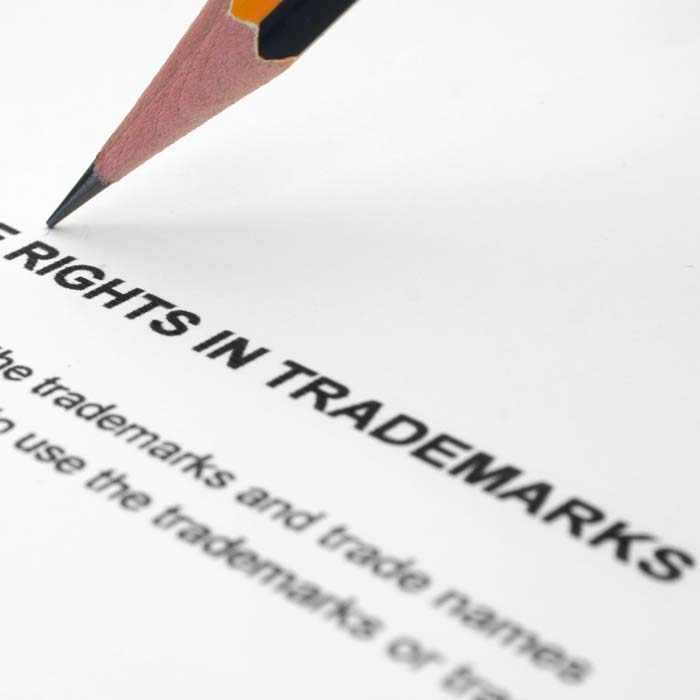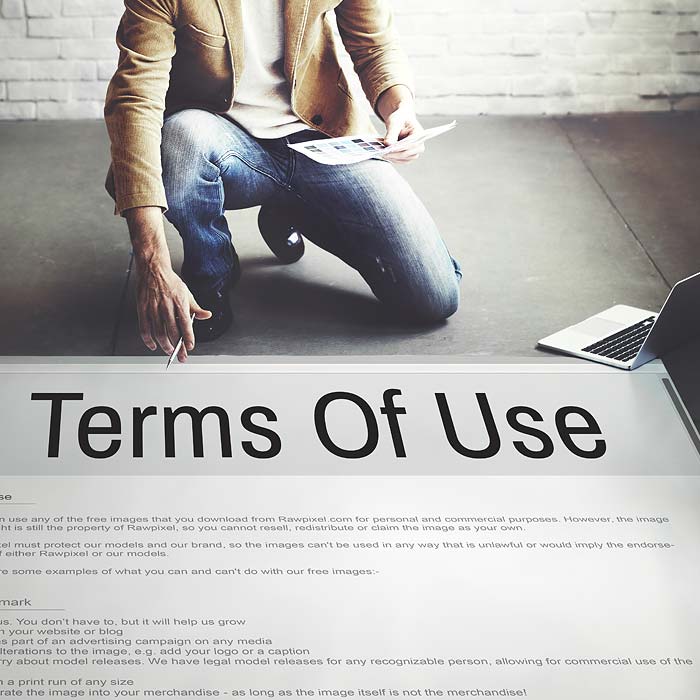
Internet Law or Cyber Law (used interchangeably) are terms used that encapsulate the legal issues related to the use of the Internet.
Both Internet Law and Cyber Law cover many different areas of the law including internet access and usage, privacy, freedom of expression, and jurisdiction.
Internet Law is often described as the law that regulates the Internet in the context of geographic scope of the Internet and political borders that are crossed in the process of sending data around the globe. The Internet itself is arguably borderless which has made it very difficult for various authorities to make and enforce laws affecting the Internet.
Our website attorneys are frequently dealing with laws such as:
– The Electronic Communications Privacy Act;
– The Federal Information Security Management Act (FISMA);
– The Anticybersquatting Consumer Protection Act;
– The Computer Fraud and Abuse Act (CFAA);
– The Racketeer Influenced and Corrupt Organizations Act (RICO);
– The Digital Millennium Copyright Act (DMCA);
– The Communications Decency Act (CDA);
– The CAN-SPAM Act of 2003;
– EU-US Privacy Shield; and
– The United States Copyright Act of 1976.
An attorney who practices Internet Law is often referred to as an Information Technology Lawyer. Our law firm focusses its practice on Internet Law and our Information Technology attorneys have been studying Information Technology (IT) their entire careers.
As Information Technology attorneys we provide our clients with the following types of services:
– Drafting, negotiating, interpreting, and litigating software licensing and maintenance agreements;
– Information Technology consulting and website analysis;
– Electronic Commerce (e-commerce) legal review and compliance;
– Website hosting and development issues;
– Telecommunication agreements;
– Domain transactions and disputes;
– Data Privacy and Security advice;
– Electronic Signature Law issues;
– Drafting, negotiating, interpreting and litigating website and domain purchase agreements;
– And much more.
If you are engaged in any type of business transactions online, there are numerous internet and information technology laws affecting you (most of which, you may be totally unaware of). It is essential that your current online business practices are complying with applicable law and are not exposing you and your business to liability.
Our Internet Law lawyers are here to help and we encourage you to contact us today.
Recent Internet Law Articles
The Legal Checkup
Dentists typically recommend that a person’s teeth be cleaned every six months and that oral x-rays be taken at least once every year. Internists recommend that a person receive a physical examination annually. Pets visit the veterinarian for vaccinations and well-care appointments. Vehicles need oil changes and regular maintenance. Your personal and business legal affairs are no different and require regular “legal checkups.” Much like going to the dentist, the idea of meeting regularly with your attorney is probably not going to excite you; but now more than ever, periodic communication with your lawyer is essential. Unfortunately, far too many web entrepreneurs wait too long and ultimately reach out to their attorneys when trouble has already come their way. In many instances, the legal problems encountered could have been prevented had a “legal checkup” taken place. The law in the United States and throughout the world is constantly changing. It…
Internet Lawyer, Corey Silverstein Accepts Invitation to Speak at Michigan State College of Law
Silverstein Legal is proud to announce that website lawyer, Corey Silverstein has accepted an invitation to speak at Michigan State College of Law, Journal of Business and Securities Law, Vol. 17 Spring Symposium. Internet attorney, Corey Silverstein is scheduled to speak on Friday, April 7, 2017 at 10:45a.m. at the Michigan State University Law College Building, Castle Board Room, 3rd Floor. Mr. Silverstein’s panel is entitled Regulation: The Legal Perspective on Evolving Federal and State Law and the following are the planned general discussion points: Setting the stage for the afternoon discussion on delivery of legal services and issues from the perspective of in-house professionals: Wyndham Hotels Case implications: What are the projections following the Third Circuit’s holding that the FTC can use the prohibition on unfair practices under section 5 of the FTC Act to regulate cybersecurity? Is the FTC limited in its authority to regulate cybersecurity controls? What…
Data Breach Hits Michigan State University
News outlets across the world are reporting that a major data breach has occurred at Michigan State University. The Lansing State Journal reports that a university spokesman confirmed on Friday that about 400,000 records were affected that include names, social security numbers and Michigan State University identification numbers. Apparently, the University became aware of the data breach when it received an email that allegedly attempted to extort money. Michigan State University was quick to announce that it is offering to pay for 2 years of identity theft protection, fraud recovery, and credit monitoring for affected individuals. Unfortunately, this is a continuing trend in a world that is now dominated by news headlines that are reporting large-scale data breaches on a daily basis. Internet attorney Corey Silverstein, has been studying internet security and data breaches for his entire legal career and Silverstein Legal is your best option when it comes to…
Website Attorney, Corey Silverstein Reminds You: Don’t Forget Website Terms of Use and Service
As a website attorney, one of the more frequent questions that I receive is whether Website Terms of Use and Website Terms of Service are different. In most cases the answer is no. To put it simply, a website’s Terms of Use or Terms of Service is the contract between the website operator and its user(s). The Terms of Use or Terms of Service should contain numerous legally binding provisions between a website operator and its user(s). It is also essential that a website’s Terms of Use or Terms of Service are properly implemented on a website so that the court find them enforceable. A website’s Terms of Use or Terms of Service will differ substantially from website to website, depending on the specific services or products that the relevant website is offering its users. There are far too many website operators who think that it is acceptable and sufficient…
Website Lawyer, Corey Silverstein Reminds You to Have Your Online Business Reviewed for Legal Compliance
There are far too many online business operators that are not taking legal compliance seriously enough and subjecting themselves to potential liability. A commercial website is still a business regardless of the fact that its home is the world wide web, instead of a traditional brick and mortar facility. In its October 2014 Web Server Survey, NetCraft confirmed that there are over 1 billion websites on the world wide web today. If you think that governments and enforcement agencies across the world have not taken notice of this fact, then you are kidding yourself. In the United States, federal agencies such as the Federal Trade Commission (“FTC”) are prosecuting website operators at an increasing rate with more severe penalties. State attorneys are exercising subpoena power and commencing enforcement actions more than ever before and the United States has not been shy about seizing websites that are suspected of violating applicable…
Website Attorney, Corey Silverstein Weighs in on Instant Messaging Security Issues
In the past few weeks our internet lawyers have seen an exponential increase in the number of client inquiries related to instant messenger hacks. Whether you are using Skype, WhatsApp, FaceBook Messenger, ICQ or any other instant messaging tool, it is essential that you know what to do if you suspect that your account has been hacked or if you see that someone else’s account has been compromised. First things first, if you aren’t using anti-virus and anti-malware software, stop reading this post and go get both. There are plenty of excellent free options available online. (Yes, this applies to you Apple users). Secondly, do not share your passwords with anyone. Not your wife, neighbor, child, or invisible friend. Nobody. Third, make sure that your password contains a combination of upper case letters, lower cases letter, numbers and symbols. You should be avoiding passwords that include personal information such as…






























